When creating DIY perfumes, you'll need seven essential safety items to protect yourself. Start with ANSI-rated safety goggles and a face shield, then add chemical-resistant nitrile gloves and proper ventilation equipment. You'll also want a first aid kit with eye wash station, spill control materials, and dark glass storage bottles with secure caps. Finally, keep a complete PPE kit on hand. The right safety gear makes all the difference in your perfume-making journey.
Essential Safety Goggles and Face Protection

When creating DIY perfumes, proper eye and face protection isn't just a suggestion – it's essential for your safety.
You'll need safety goggles that meet ANSI Z87.1 standards and provide a snug, impact-resistant fit to shield your eyes from concentrated ingredients and accidental splashes.
Choose goggles with anti-fog lenses to maintain clear vision, especially when you're working with heated substances or in humid conditions.
For enhanced protection while handling volatile materials or powders, add a face shield to guard your entire face and respiratory system.
Before each use, inspect your protective gear carefully for signs of wear or damage. If you spot any issues, replace the equipment immediately – your eyes and face deserve maximum protection during the perfume-making process.
Chemical-Resistant Gloves for Handling Oils
Just as you protect your eyes from harmful ingredients, your hands need reliable barriers against concentrated perfume materials.
Chemical-resistant gloves are your essential defense when working with potent perfume and essential oils that could irritate or trigger allergic reactions on your skin.
When choosing your gloves, opt for nitrile or neoprene materials, which offer superior chemical resistance while maintaining the flexibility you'll need for precise handling.
You'll want to ascertain they fit properly – loose gloves can lead to accidents and spills, while tight ones might restrict your movement.
Check the manufacturer's specifications to confirm your gloves are compatible with your specific perfume ingredients.
Don't forget to replace them immediately if you notice any damage or wear, as compromised gloves won't provide the protection you need.
Proper Ventilation Equipment and Fans

The invisible dangers of concentrated fragrance materials make proper ventilation vital for any DIY perfume workspace.
You'll need to equip your area with reliable exhaust fans that can effectively remove airborne chemicals while you're mixing your perfume ingredients.
Don't rely on just one ventilation method. Instead, create a thorough system by combining multiple approaches.
Install an exhaust fan, keep windows and doors open during your creative process, and consider adding an air purifier with activated carbon filters. These elements work together to maintain safe air quality in your workspace.
To verify your ventilation system is working effectively, invest in a VOC sensor to monitor air quality levels.
This will alert you if harmful fumes reach dangerous concentrations while you're crafting your perfumes.
First Aid Supplies for Perfume Making
Your perfume-making workspace isn't complete without a well-stocked basic first aid kit containing bandages, antiseptic wipes, burn treatments, and antihistamines for potential reactions.
You'll need quick access to tweezers and gauze pads to handle minor accidents like cuts or spills that may occur while working with fragrance materials.
Installing an eye wash safety station near your work area provides essential protection against accidental splashes or exposure to concentrated essential oils and other perfume ingredients.
Basic First Aid Kit
When crafting homemade perfumes, maintaining a well-stocked first aid kit nearby can prevent minor accidents from becoming major problems.
You'll need to include essential items that address common perfume-making mishaps. Stock your first aid kit with adhesive bandages for small cuts and scrapes that might occur during mixing.
Don't forget antiseptic wipes or solution to properly disinfect any wounds from fragrance materials. Include gauze pads and medical tape to handle larger injuries or spills that could cause skin irritation.
Keep tweezers handy for removing splinters or debris that might find their way into your workspace. Since you'll be working with concentrated essential oils and possibly hot equipment, make sure you've got burn ointment or gel ready to treat any skin burns immediately.
Eye Wash Safety Station
Because working with concentrated fragrances poses risks to your eyes, maintaining a proper eye wash safety station remains vital for any DIY perfume workspace.
You'll need to stock your station with sterile saline solution or buffered eyewash that can effectively rinse out irritating substances.
Make sure you've installed your eye wash safety station in an easily accessible location and clearly labeled it for quick identification during emergencies.
The station should feature either a dual-purpose eyewash fountain or portable bottles that can provide continuous rinsing for at least 15 minutes.
Don't forget to regularly check expiration dates on solutions and replace them as needed.
It's imperative to train everyone who uses your workspace on proper eye wash station operation – this knowledge can prevent lasting eye damage if accidents occur.
Spill Control and Cleanup Materials

The successful creation of homemade perfume requires proper spill control and cleanup materials at your workstation.
You'll need several essential items to manage unexpected spills and maintain a safe environment. Keep absorbent materials like paper towels and cloths within easy reach to quickly contain any accidents before they spread.
Set up a spill containment tray or mat under your work area to catch potential leaks from bottles and containers during mixing.
You'll also want to keep a spray bottle filled with mild cleaning solution nearby for immediate surface cleanup.
Don't forget to wear protective gloves while handling oils and cleaning up spills.
Make sure you've got a designated disposal container for used absorbent materials to prevent cross-contamination and maintain workspace cleanliness.
Safe Storage Containers and Labels
Proper storage containers and clear labeling form the foundation of safe DIY perfume making.
You'll need dark-colored glass bottles to shield your precious oils and blends from light damage that can compromise their quality. Make sure you're using containers with secure screw caps or dropper tops to prevent air exposure, which can degrade your fragrances over time.
Label each container thoroughly with essential details like the contents, creation date, and ingredients. You won't want to guess what's inside weeks or months later. Small adhesive labels are perfect for marking different dilutions and experimental blends in your workspace.
Remember to store all your perfume-making materials in airtight containers, and always keep them in a secure location where children and pets can't access them.
Personal Protective Equipment (PPE) Kit

Safety comes first when crafting DIY perfumes, and a well-equipped PPE kit is your essential defense against potential hazards.
Your personal protective equipment (PPE) should include properly fitted safety glasses to shield your eyes from volatile liquid splashes during mixing.
Don't forget to wear protective gloves to prevent skin contact with concentrated fragrance materials that might cause irritation.
You'll also need a mask to protect yourself from inhaling powders and concentrated substances that could pose respiratory risks.
Complete your safety ensemble with coveralls or an apron to guard against stains and skin exposure to irritating ingredients.
Remember to maintain and regularly check your PPE items to verify they're in good condition.
This attention to safety gear will help you create perfumes confidently while minimizing potential risks.
Frequently Asked Questions
What Equipment Do I Need to Make Perfume?
You'll need glass beakers, digital scales, pipettes, and fragrance blotters for mixing and measuring. Don't forget storage bottles, magnetic stirrers, and labels. Gloves, safety glasses and masks protect you while creating.
Is It Legal to Sell Homemade Perfume?
Yes, you can legally sell homemade perfume, but you'll need to comply with local regulations, safety standards, and labeling requirements. Check your region's specific rules and consider joining IFRA for guidance.
What Do You Need to Create Your Own Perfume?
You'll need high-percentage vodka or Everclear as your base, essential oils for fragrance, distilled water for dilution, glycerine for preservation, and clean glass containers for mixing and storing your homemade perfume.
How to Make Your Own Safe Perfume?
You'll need to blend essential oils with a carrier alcohol, using proper safety gear like gloves and goggles. Mix in a ventilated space, measure precisely, and store your creation in dark glass bottles.
In Summary
You'll want to keep all these safety items readily available before starting any DIY perfume projects. Make sure you're checking and replacing items regularly, especially gloves and filters. Don't skip safety steps, even for small batches. Remember that proper protection isn't just about following rules – it's about protecting yourself while enjoying the creative process of perfume making.
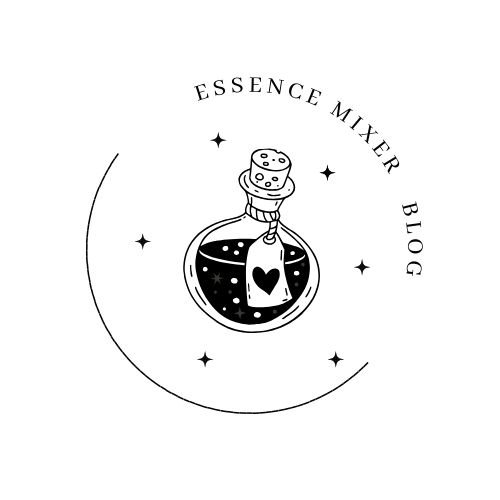
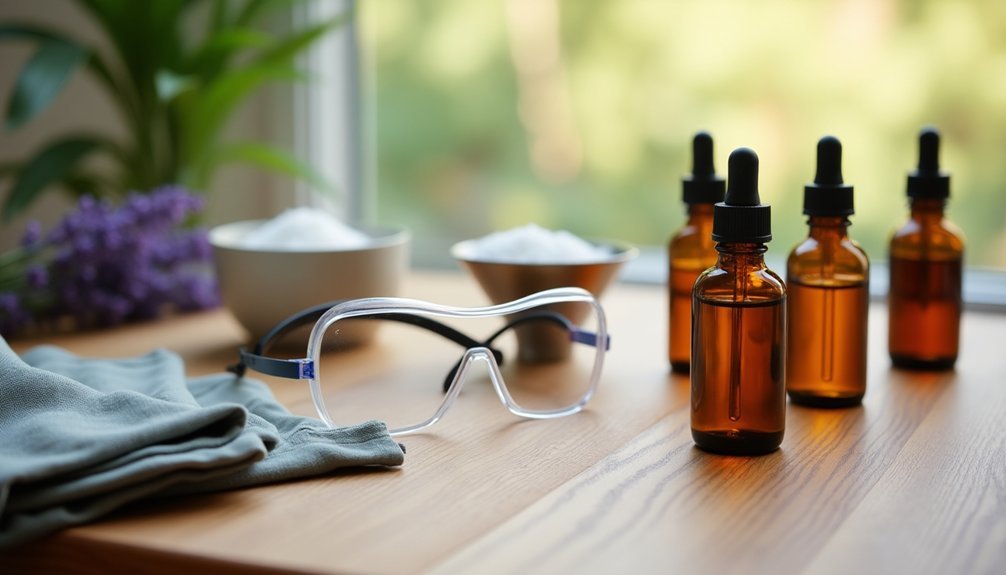
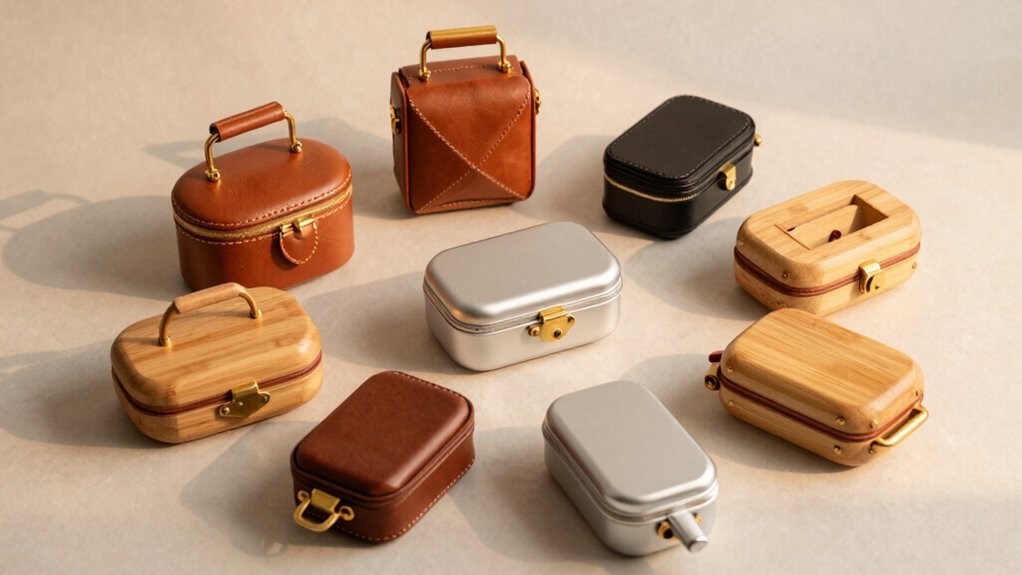
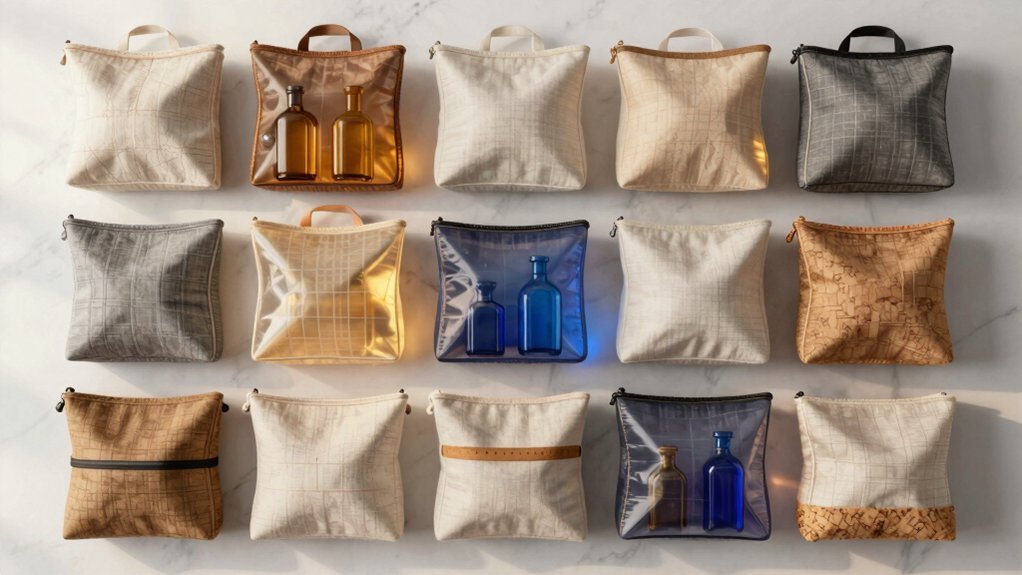
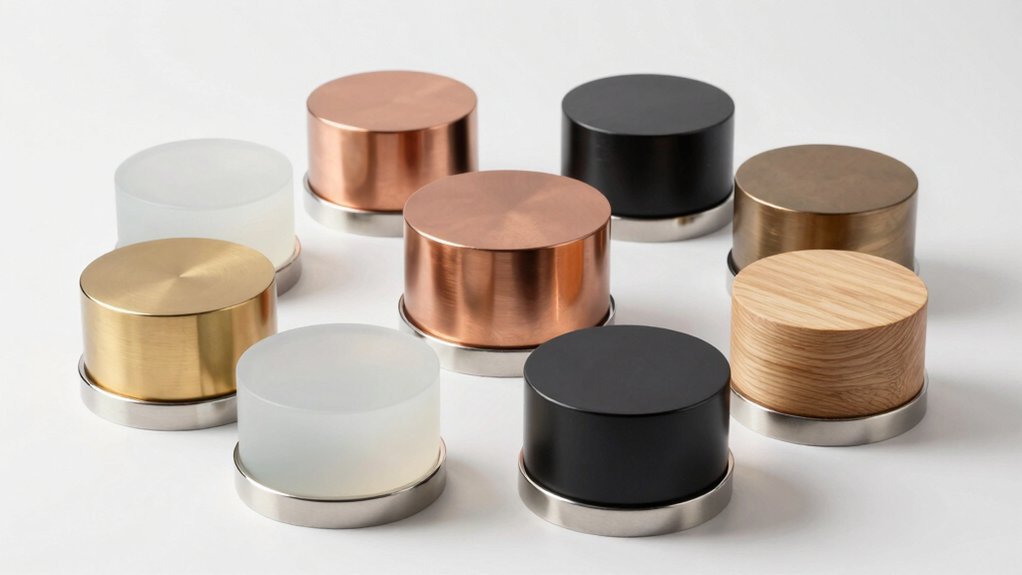
Leave a Reply